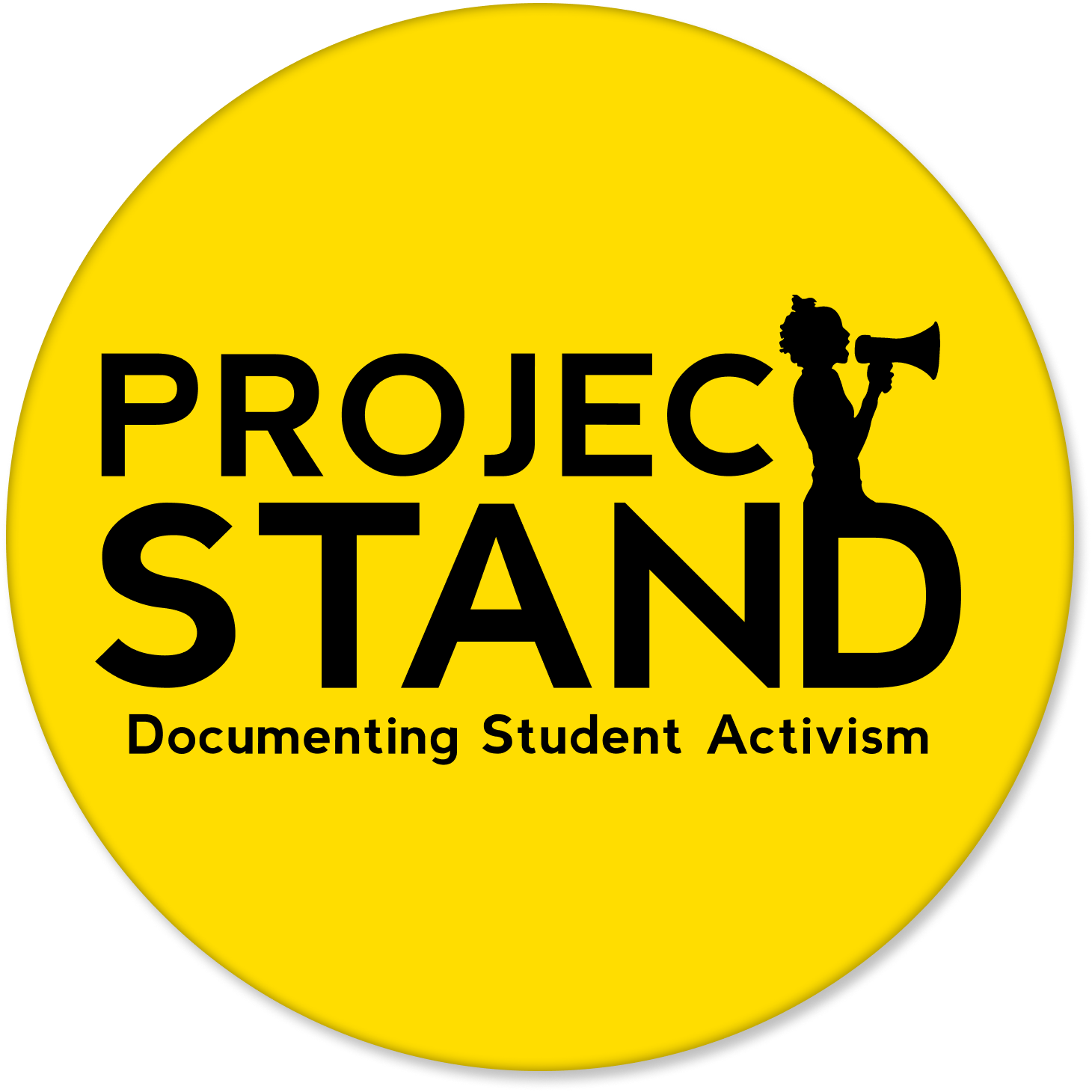universities and colleges: archiving student activism w/o harm
Colleges and universities fcae a series of ethical debates on whether it’s appropriate to document the current movement that has launched since the murders of Breonna Taylor, Ahmaud Arbery, and George Floyd. Students are heavily engaged in many of the protests taking place around the U.S and globally. Can we do this work ethically and without harm?
What to think about:
Archiving Protest Content While Protecting Activists
https://news.docnow.io/archiving-protests-protecting-activists-e628b49eab47On Friday, June 19th, Documenting the Now hosted a live streamed conversation with WITNESS, The Blackivists, Texas After Violence Project, and Project STAND. We are so thankful to the 800+ attendees and to our amazing panelists: Tracy Drake, Raquel Flores-Clemons, Erin Glasco, Stacie Williams, Skyla Hearn, Steven Booth, Gabriel Solis, Yvonne Ng, Lae’l Hughes-Watkins, and Jessica Ballard. Also much thanks to the Documenting the Now team members who helped put the event together: Alexandra Dolan-Mescal (who also designed the social media graphic), Francis Kayiwa, and Ed Summers.
“And if you’re documenting protest activities that could include depictions of property damage or bodily violence……. what is the plan for when law enforcement tries to subpoena your material for investigations? This is not hypothetical. If you don’t have a plan for how to protect the people whose documentation you are collecting, then you should never collect it in the first place.” Eira Tansey
Ethical Challenges
Preserving web and social media content in ethical ways that protect already marginalized people presents several challenges:
- Lack of user awareness – or informed consent – about how social media platforms use their data or how it can be collected and accessed by third parties;
- Potential for fraudulent use and manipulation of social media content.
- Reality of the heightened potential of harm for members of marginalized communities using the web and social media, especially when those individuals participate in activities such as protests and other forms of civil disobedience thatare traditionally heavily monitored by law enforcement; and
- Difficulty of applying traditional archival practices to social media content given the sheer volume of data and complicated logistics of interacting with content creators.
Read More, Documenting The Now White Paper
additional resources for consideration
Archives, Oral History and The Belfast Case: A Re-focused Discussion
Between 2001 and 2006, Irish researchers conducted forty oral histories with Irish paramilitarists active on both sides of the violence between loyalists and unionists of Northern Ireland, otherwise known as “The Troubles.” The recordings were housed at Boston College’s Burns Library, with the understanding that each interview would remain closed until the subject’s death. However, as part of an investigation into the 1972 murder of an alleged British informant, the Police Service of Northern Ireland sought to access two of the interviews, and in March 2011, the US Justice Department issued a subpoena on behalf of the British government. Though the confidentiality agreement allowed each subject to provide an honest and detailed record of their involvement in The Troubles, the legality of such agreements is now being challenged, and the outcome could have lasting and serious effects for oral history programs and archival collections across the country.
